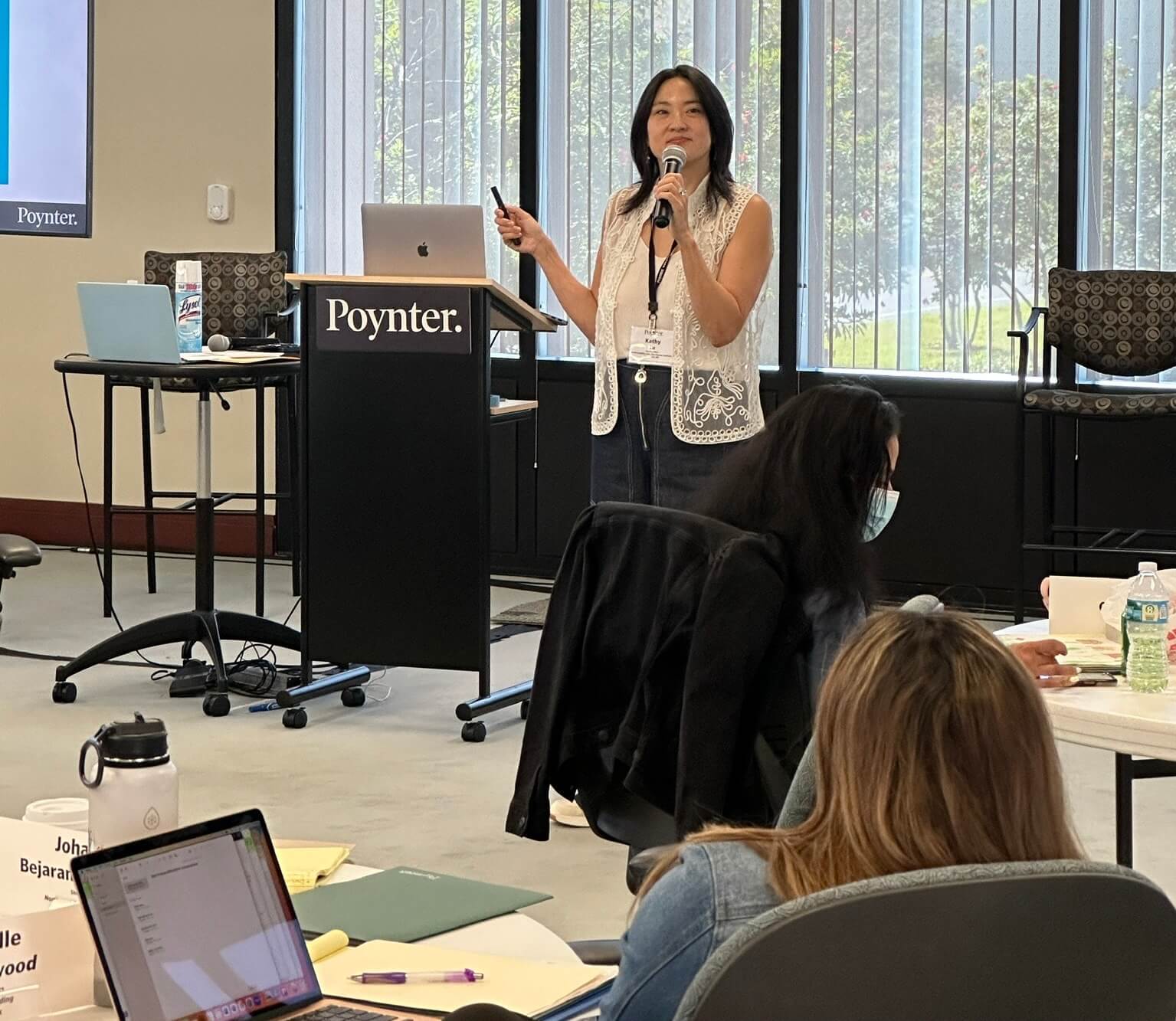Online Journalism Review | New Haven Register | Jim Romenesko | Boing Boing | Times Herald-Record | Chronicle of Higher Education
SUNY New Paltz students are learning “the cost of being a source.” Professor Howard Good says he was harassed by gun-rights activists and had white powder mailed to his home after he was interviewed by The New York Times about The Journal News’ map. He writes:
I spoke with the reporter, who was up against a deadline, for about 10 minutes. The story that appeared the next morning omitted at least 99.9 percent of our conversation. My contribution to public enlightenment consisted of a single remark shorn of context and nuance and stuck in a bottom paragraph that begged to go unread.
Still, that remark was followed almost immediately by emails and other reaction, Jeremiah Horrigan reports in the (Middletown, N.Y.) Times Herald-Record.
Things got even worse when, in answer to a Reuters reporter’s subsequent question, Good characterized as “childish” the posting of journalists’ home addresses by opponents of The Journal News newspaper’s posting.
Good subsequently has received phone messages that included the sound of gun shots. He declined to be interviewed Monday for this article, citing the ongoing investigation.
The FBI is investigating.
Public information facing new challenges
Nowadays, “a media lawyer in a newsroom is a rare thing indeed,” Geneva Overholser writes, “and so is the assertive protection of public information.” Overholser argues that “providing ‘granular’ data without context,” as The (Westchester County, N.Y.) Journal News did with its now-famous map of gun permit holders, “is not necessarily irresponsible.”
This raw data from public records is surely something that most people would find interesting (and many apparently did – the newspaper said the data had been viewed nearly 1.2 million times before it was taken down). Extracting generic trends does not replace the value of neighborhood-by-neighborhood understanding of specific details. To think that only journalists can handle such information is not only elitist but sorely out of touch with the times.
Writing in the New Haven Register, Andy Thibault laments the state of Connecticut’s FOI law; officials at one city hall told him even the “most rudimentary requests must be presented in writing and reviewed by a lawyer.” Connecticut is considering legislation that would shield death and marriage records from the press.
Since The Journal News published its map, New York passed a law making gun permit info private; Arkansas and Virginia have similar legislation pending.
Jim Romenesko posted the sad tale Monday of an abject apology by the publisher of the (Murphy, N.C.) Cherokee Scout for seeking concealed carry permit information: “Sheriff Keith Lovin had the best interests of the people of Cherokee County at heart when he denied our request,” David Brown wrote to readers.
The editor who requested the gun data has resigned, Romenesko reports.
The comments on Boing Boing’s aggregation of Romenesko’s post are worth reading.






Comments